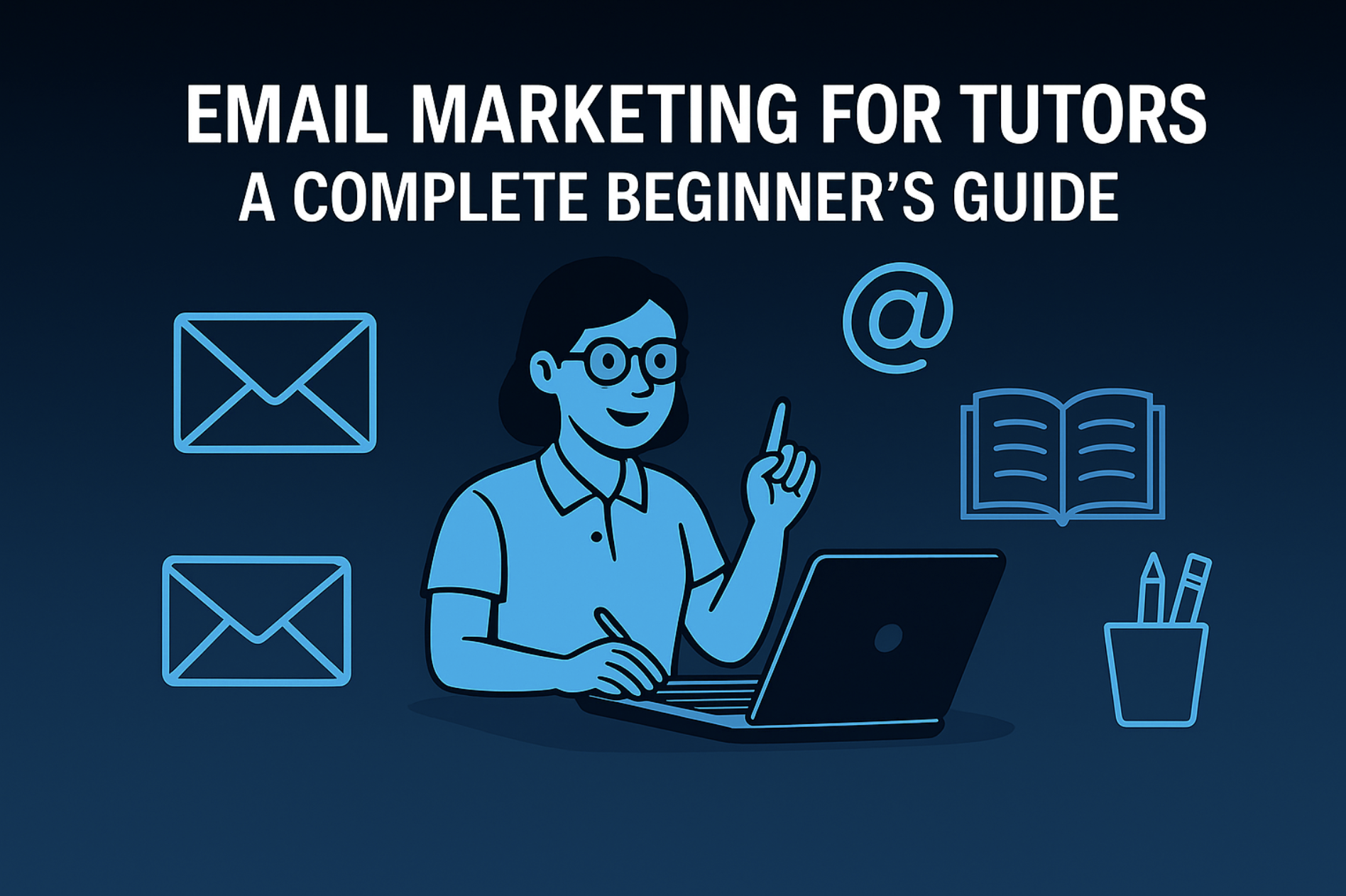From zeroing in on pain points to using augmented reality, here are 10 answers to the question, “What are some important EdTech trends to look out for in 2023?”
- Hyper-Focusing on Customer Pain Points
- Helping With School Laptops
- Rising Massive Open Online Courses (MOOCs)
- Increasing Generative AI
- Growing Role of EdTech in the Office
- Combining Gamification With Academics
- Nano-Learning Becoming Essential
- Accelerating Self-Guided and Adaptive Learning
- More Need for SEO
- Developing More Augmented Reality
Hyper-Focusing on Customer Pain Points

Over the past few years, the EdTech industry has seen more growth in terms of new products, services, and app launches. However, many of these companies have struggled to gain traction with consumers, and many have gone out of business.
One of the main reasons for this is that many EdTech startups were focusing on developing innovative new products rather than addressing the needs of their target audience. As a result, they were creating products that no one wanted or needed.
In 2023, EdTech entrepreneurs will need to focus on identifying the pain points their customers are experiencing and addressing these pain points through their products. By focusing on their customer’s needs rather than their own innovations, we will better position EdTech startups to succeed in the future.
Matthew Ramirez, CEO, Rephrasely
Helping With School Laptops

The increase in school laptops may lead to more advancement in the devices used for at-home and in-school learning. For example, because laptops are bulkier—this could be an opportunity for EdTech entrepreneurs to create a product that fits children’s learning needs more effectively while downsizing what children need to carry in their backpacks.
Patricio Paucar, Co-Founder & Chief Customer Officer, Navi
Rising Massive Open Online Courses (MOOCs)

One trend that I think we’ll see in the EdTech industry in 2023 is the rise of MOOCs (massive open online courses). This is something that I’ve been watching happening for a while now, but I think it’s going to become even more prevalent in the next few years. Why? Because it allows people who want to learn something-whether for fun or for professional growth—to do so at their own pace and on their own terms.
And as more people take advantage of this opportunity, I expect MOOCs will start looking more like other types of courses at traditional institutions: some will have lectures and homework assignments, others will be entirely self-paced, and still others will be live-streamed sessions with instructors who respond to questions via chat rooms.
Rengie Wisper, Marketing Manager, Check CPS
Increasing Generative AI

Generative AI is a trend to look at in 2023, as it could create personalized learning experiences for students or generate new educational materials such as exercises, quizzes, or lesson plans.
Using generative AI in the EdTech industry will increase in the coming years, as more educational institutions and companies look for ways to personalize learning and meet the diverse needs of their students.
Also, this approach allows teachers to create educational content almost instantly, without spending a lot of time. However, it is important to note that the use of this technology in education should be carefully considered and regulated by educational institutions.
Vitalii Romanchenko, CEO, Elai.io
Growing Role of EdTech in the Office

EdTech isn’t only for full-time students; one EdTech trend is the increase of educational solutions for the office or workplace setting.
This has enormous potential in the tech sector, where continuous learning is crucial to business success. I have used tools like gaming apps and interactive whiteboards to motivate my team and keep them up-to-date on emerging tech trends, but there’s a lot more that can be offered.
Right now, most EdTech companies are still focused on the classroom setting. In 2023, I’d like to see a shift towards user-guided tools with enough flexibility for adult workers looking to expand their education at their own pace.
Rob Reeves, CEO & President, Redfish Technology
Combining Gamification With Academics

The EdTech sector is growing at a really rapid rate, making education more accessible to society. So far, in 2022, only $5 billion has been invested in the EdTech sector; however, because of high volatility, this amount is expected to double or triple in 2023.
Teachers are constantly experimenting with new solutions by using various strategies, such as gamification, which inspire students by combining game mechanics and design into the academic process
Gamification recreates these qualities in the classroom by blending elements from games in order to provide students with the possibility of behaving properly and autonomously. As a result, educators may use gamification to increase competitiveness and student involvement in the classroom. Gamification strategies have been shown to improve teenage cognitive development.
Derek Sall, Founder & Financial Expert, Life and My Finances
Nano-Learning Becoming Essential

Nano-learning allows users to learn quickly and efficiently by breaking down content into smaller pieces and presenting it as a series of micro-lessons. It’s because humans can focus better when taking in smaller amounts of information at one time, and it allows users to complete lessons more quickly and retain more information.
Nano-learning offers the opportunity to revolutionize the way we create educational content, making complex topics easier to understand and process. Because of this, I’m certain that nano-learning will continue to be an essential part of the EdTech industry in 2023.
Ludovic Chung-Sao, Lead Engineer & Founder, Zen Soundproof
Accelerating Self-Guided and Adaptive Learning
By harnessing AI, machine learning, and data analytics, EdTech solutions will create more personalized and interactive learning experiences that empower students to learn more by themselves collaboratively and flexibly. This will allow students of the appropriate age to take more, if not full, control of their learning experience.
Fully autonomous adaptive learning solutions will use AI engines and machine learning to tailor educational content to the learner interacting with the platform, without help from teachers or tutors
Creating truly autonomous self-guided and adaptive learning solutions will ultimately democratize education across the globe, making more learning opportunities available to millions. Coupling this technology with a subscription-based model for learning—a prolific trend to emerge since 2020—will give more children around the world access to a more affordable, quality K-12 education.
Nitin Ramrakhyani, Head of Product, Novakid
More Need for SEO

SEO is an essential tool for any EdTech business to reach more customers and gain more visibility. It helps to ensure that your website appears higher in search engine results, making it more likely that users will find it. It also helps to increase the amount of organic traffic to your website. This can include optimizing content, creating quality backlinks, and ensuring that they are mobile-optimized.
Jaya Iyer, Marketing Assistant, Teranga Digital Marketing
Developing More Augmented Reality

We relate EdTech to online learning platforms, VR simulators, educational apps, and learning management systems. Augmented reality can be an EdTech trend that enterprises should look out for in 2023. Well, this is not a new technology; it has been here for many years.
But, we limited its usage to some industries only. In 2023, you can notice more educational applications and websites will use AR technology to improve user experience and make studying an interesting process. Over 40% of parents want AR usage to be increased in online learning so that students can learn effectively.
This technology trend will stimulate comfortable conditions to gain knowledge online. Monotonous lectures can be turned into interesting and lively ones with Augmented Reality. There are many eLearning apps that are using AR technology and doing great for educational institutions.
Yogesh Kumar, Digital Marketing Manager, Technource





